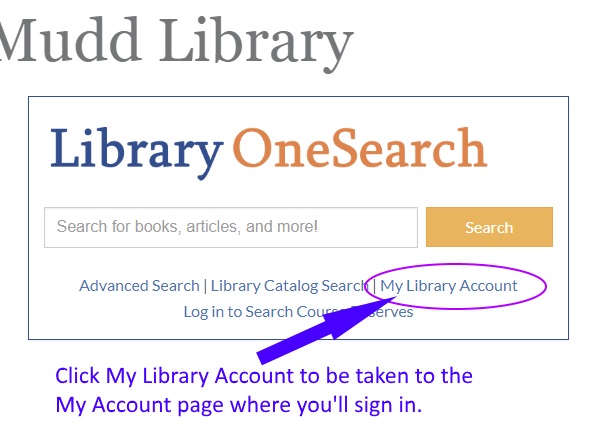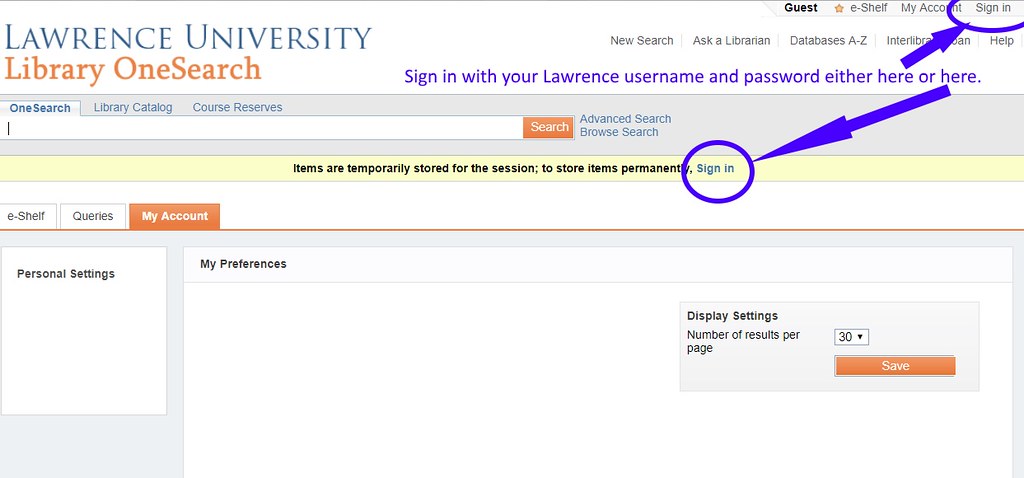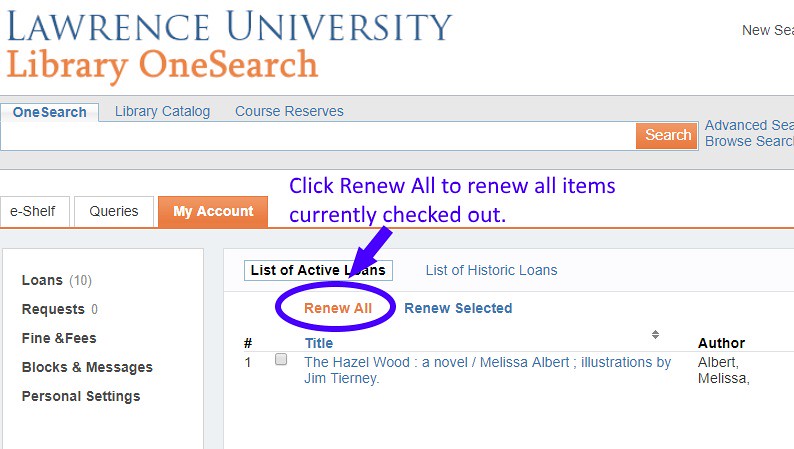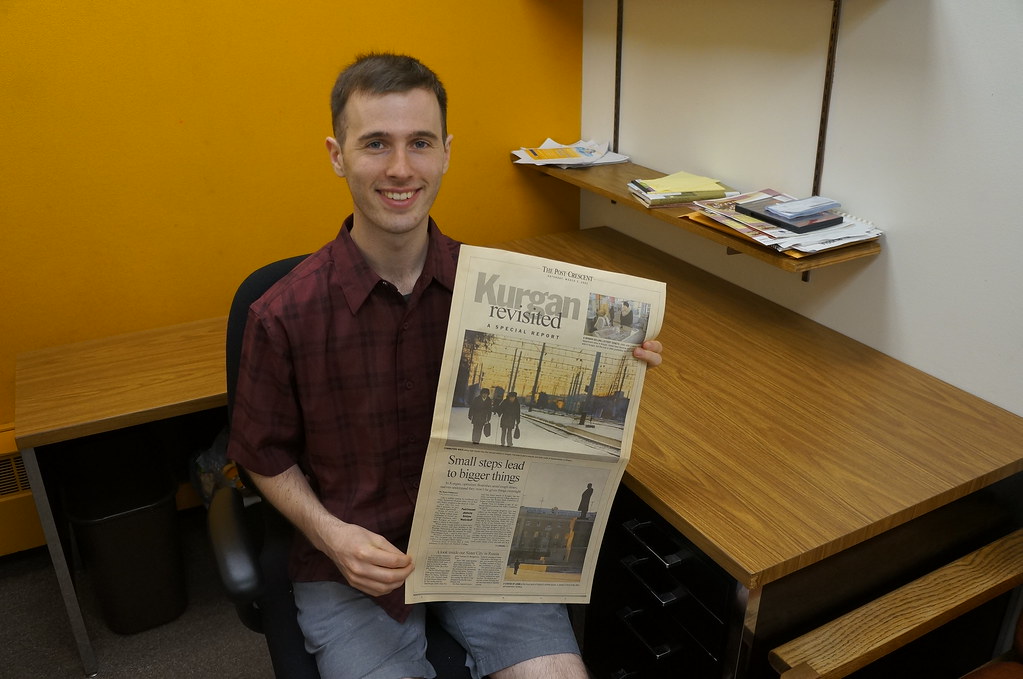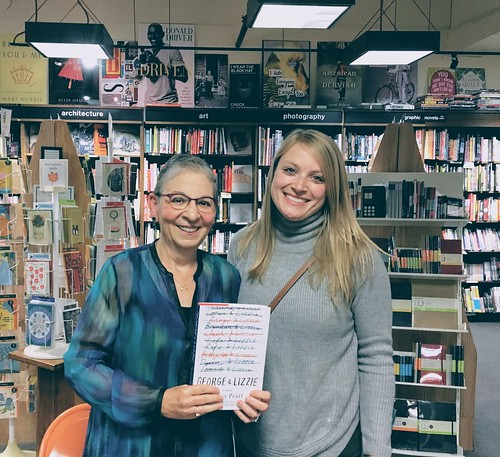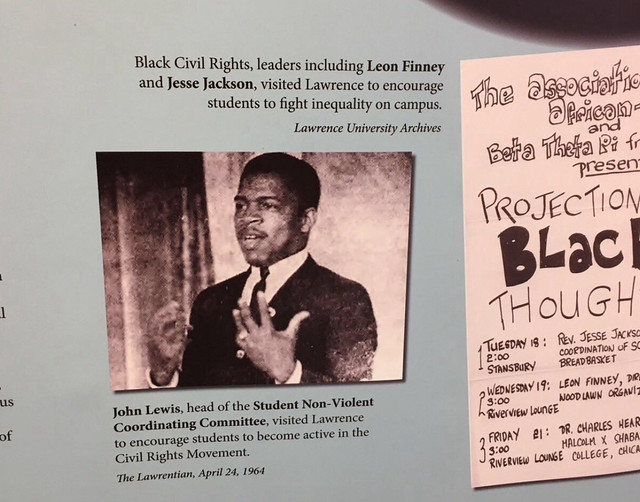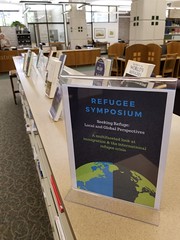 Lawrence University is hosting the symposium, Seeking Refuge: Local and Global Perspectives, from November 4 through November 6, 2018. This symposium is meant to bring awareness of the global issue of the refugee crisis by hosting discussions with community featuring guests with a wide range of backgrounds in helping refugees and who are refugees themselves. The schedule for the symposium can be viewed on the Refugee Symposium webpage.
Lawrence University is hosting the symposium, Seeking Refuge: Local and Global Perspectives, from November 4 through November 6, 2018. This symposium is meant to bring awareness of the global issue of the refugee crisis by hosting discussions with community featuring guests with a wide range of backgrounds in helping refugees and who are refugees themselves. The schedule for the symposium can be viewed on the Refugee Symposium webpage.
The library is providing a variety of resources to support this symposium:
Seeking Refuge Research & Materials Guide
This guide contains links to many resources available in the library and online for those who would like to continue their enrichment about the topic of refugees. In addition to books, movies, and journals, the guide also contains links to our music databases to a selection of songs played at the refugee symposium concert.
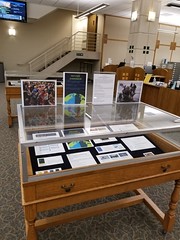 Display Exhibit:
Display Exhibit:
The display contains powerful photographs and news headlines that illustrate the refugee plight, facts about refugees around the world, and tips for finding related resources in the library catalog and OneSearch.
Book Display:
All along the top of the newspaper and popular magazine shelf, we’ve placed a selection of library materials about the refugee experience. No need to search or go upstairs to find materials, just grab some books you’d like to read from this display and sit down to read them, or check them out at the circulation desk.
Your friends in the Mudd Library are glad to be supporting a symposium on such an important topic and to help with continuing the discussion.
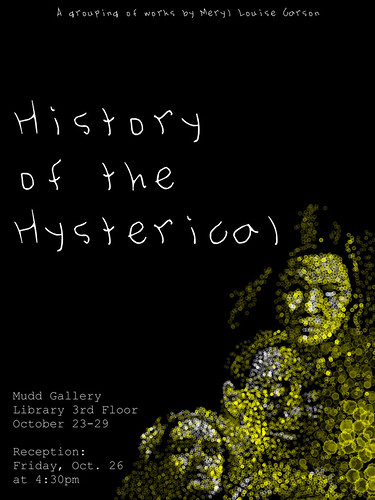
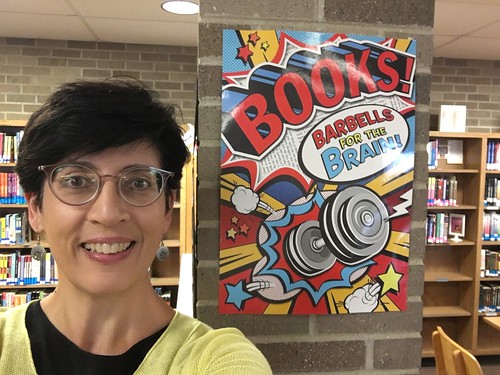 Editor’s note: We invited Lawrence alumni who have gone into library work to share with us what they do and how they got there. Here’s another in a series.
Editor’s note: We invited Lawrence alumni who have gone into library work to share with us what they do and how they got there. Here’s another in a series.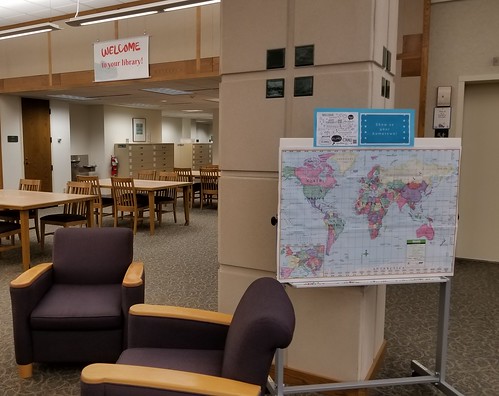 Welcome Week, one of our favorite weeks of the year, is coming up soon! We’re hosting or taking part in all kinds of events to welcome new students along with families and friends to campus.
Welcome Week, one of our favorite weeks of the year, is coming up soon! We’re hosting or taking part in all kinds of events to welcome new students along with families and friends to campus.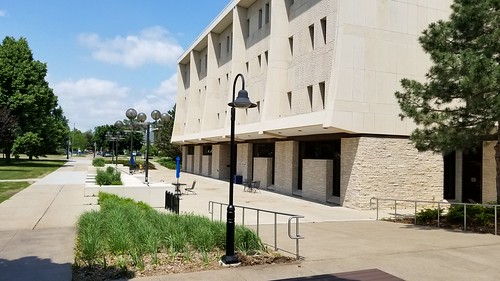 Your friends in the Mudd Library will be here for you all summer! How can we help?
Your friends in the Mudd Library will be here for you all summer! How can we help?